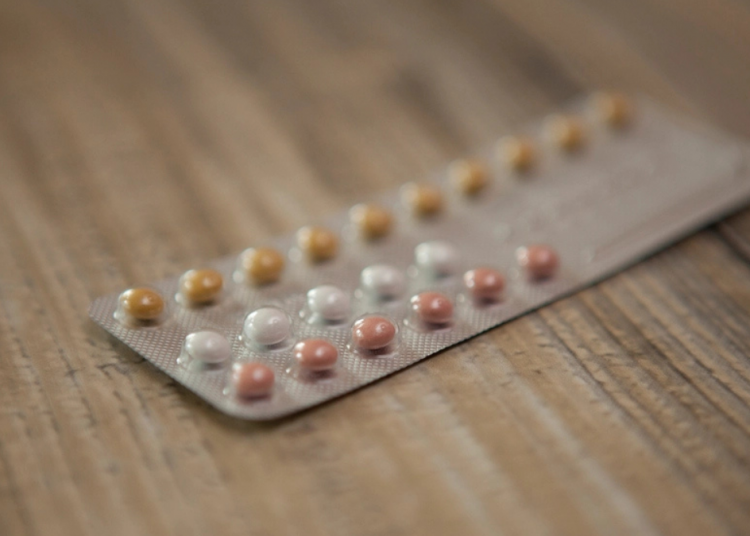Japan has officially approved the over-the-counter sale of the emergency contraceptive pill Norlevo, a decision that comes amid a deepening national birth rate crisis. The approval allows the pill to be purchased without a doctor’s prescription or parental consent, and with no age restrictions. Pharmacists will still be required to supervise the purchase, but otherwise, the process will be simple and direct.
The move marks a major policy shift in a country long known for its cautious approach to reproductive medicine. Until now, women in Japan were required to obtain a doctor’s prescription for emergency contraception — a rule that often limited access. The Ministry of Health, Labour and Welfare framed the decision as a matter of improving reproductive health access, but the timing has raised eyebrows, given Japan’s demographic emergency.
The country’s population continues to shrink at an alarming rate, driven by low fertility and a rapidly aging society. Japan’s leaders are sending mixed signals: on one hand, urging young people to marry and have children; on the other, expanding access to contraception that further reduces the likelihood of childbirth.
Japan’s government now faces the paradox of trying to promote family life while easing access to measures that suppress it. With the fertility rate hovering near historic lows, the decision highlights a growing divide between modern health policy and the nation’s need to preserve its future generations.




















Discussion about this post